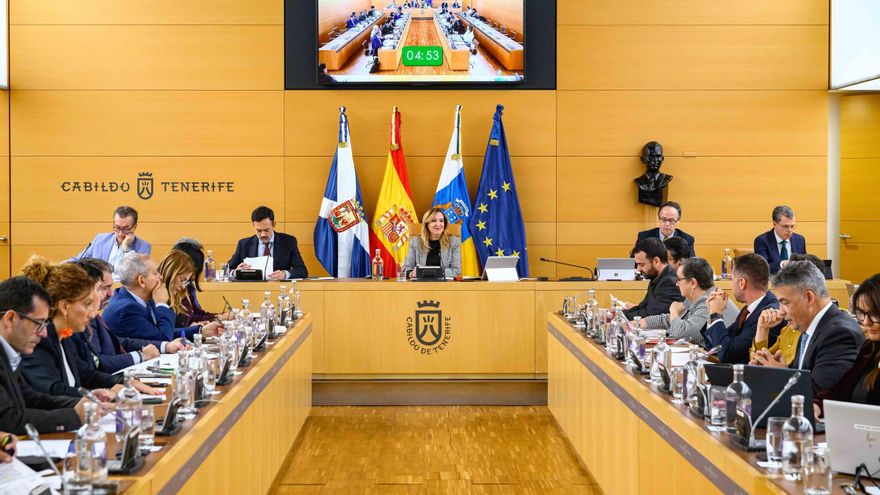
In a unified effort, Tenerife is advocating to safeguard its primary sector, particularly the island’s traditional agricultural model, which is quite vulnerable to external influences. This concern was the primary takeaway from the unanimous institutional agreement reached during yesterday’s plenary session of the Council. The agreement calls for a thorough review of the alignment with the Outermost Regions (ORP) regarding the accord between the European Union and Mercosur. The document that was agreed upon highlights a particularly alarming statistic: the EU plans to liberalise 82% of agri-food imports from the Latin American bloc. Should this materialise, it could deliver a catastrophic and nearly irreversible blow to agriculture across the island.
Compensatory Measures
The Cabildo has approved fresh compensatory measures for agricultural enterprises in Tenerife in light of the EU-Mercosur agreement and other analogous preferential arrangements. Among the proposals, which emanated from a joint motion by CC and PP—the governing coalition—there is a focus on ensuring that imported products strictly adhere to European quality, health, and food safety regulations. Moreover, companies from the associated countries will be mandated to comply with the same phytosanitary and animal health standards that European producers are already bound by.
Mirror Clauses
In addition, there is a commitment to persist in promoting the inclusion of mirror clauses within trade agreements at the EU level, aimed at guaranteeing reciprocal compliance with regulations. Furthermore, the Cabildo’s Plenary Session has resolved to petition the Government of the Canary Islands to press the Spanish Government to seek an assessment from Europe regarding the implications of the EU-Mercosur agreement on the agricultural sector of the Outermost Regions (ORP), including the Canary Islands.
Travel Registrations
Yesterday, the Tenerife Cabildo called upon the Ministry of the Interior to retract Decree 933/2021 concerning the Traveler Registry, which is seen as a constraint on fundamental rights. The PSOE voted against this motion. A proposal put forth by CC and PP, with backing from Vox, was endorsed, defended by vice presidents José Miguel Ruano from the nationalist side and Lope Afonso from the popular party. They highlighted the detrimental impacts that this restriction could have on the tourism industry, especially regarding access to hotels and car rentals.
Limitation of Rights
The limitation of rights has been justified in the adopted resolution by stating that individuals are compelled to provide confidential personal information to private entities for retention and subsequent submission to the Ministry. This process raises concerns about operational disruptions in the tourism sector, potential economic fallout, and security risks associated with storing sensitive personal data, infringing on privacy rights. In opposition, the socialist Pedro Martín argued for updating policies that stem from as far back as 1959 and 1974, asserting that it is not a closed issue but rather an ongoing process that welcomes constructive contributions. There were also references to national politics, with notable critiques from Ana Salazar (Vox) directed at President Sánchez and “socialist corruption.”
Subscribe to continue reading















